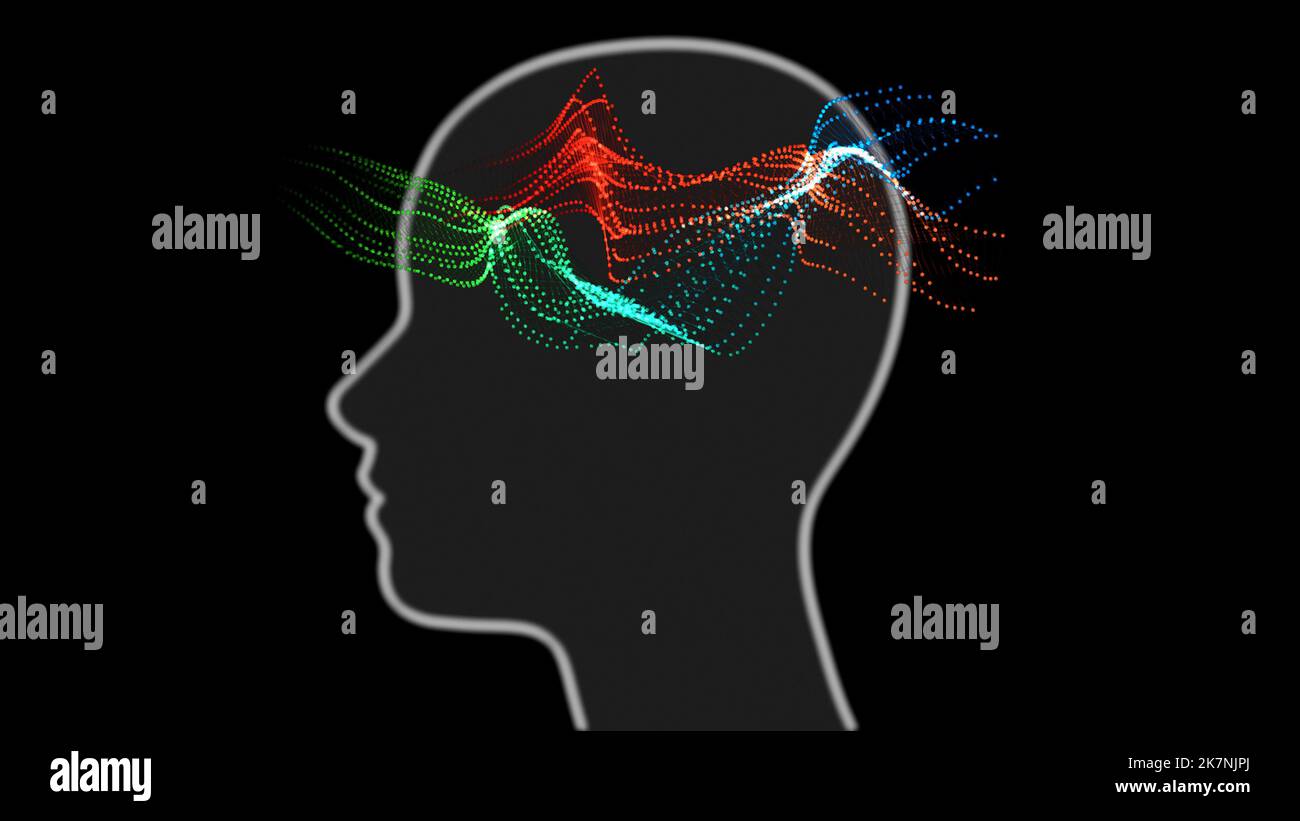Unveiling the Connection Between Movement and Mental Flow
페이지 정보

본문
Movement and mental flow have long been studied in the realms of sports science, psychology, and neuroscience, examining the intricate relationship between the two fields. While they seem unrelated at first glance, research has shown that there exists a clear link between the two. In this article, we will delve into the concept of mental flow and investigate the impact of movement in achieving it.
Mental flow, also known as being 'in the zone,' is a state of complete immersion and focus in which an individual becomes fully engaged in an activity, characterized by heightened concentration. This state of flow is characterized by intense concentration, a sense of control, and a lack of self-awareness.
So, what induces the flow experience? Research has shown that specific exercises that challenge the body and the mind, can play a significant role in initiating the flow state. This is often referred to as the 'flow experience.'
One of the critical elements that initiate flow is the sense of challenge and control. When an individual is engaged in an activity that is slightly challenging but still within their capabilities, they experience a sense of agency and control.
Movement and exercise can provide the optimal conditions for the flow experience. Specific workouts like weightlifting, rowing, or dancing can provide a sense of mastery and accomplishment, particularly when they are done at a moderate level. Additionally, these activities require balance and agility, which can help to stimulate the brain health and induce a state of flow.
Another factor that contributes to the flow experience is the sense of rhythm and repetition. Movement activities such as dance, yoga, or tai chi, often involve repetitive movements and activities, which can help to trigger a flow experience. The repetitive movements can become automatic, allowing the individual to focus on other aspects of the activity and become fully engaged.
In addition to the physical factors, movement and exercise can also have a significant influence on mental health. Exercise has been shown to reduce symptoms of anxiety and depression. By triggers a flow experience, movement and exercise can provide a sense of enjoyment and satisfaction, which can have a positive impact on overall mental health.
In conclusion, the relationship between exercise and flow is intricate. While the complete understanding is still evolving, research has shown that physical activity, particularly those that require coordination and movement can play a significant role in inducing a state of flow. By recognizing the importance of movement and mental flow, individuals can take steps to make exercise a regular part of their life.

- 이전글High Stakes Casino Download For Profit 25.06.20
- 다음글Seven Extremely Helpful Free Poker Ideas For Small Businesses 25.06.20
댓글목록
등록된 댓글이 없습니다.